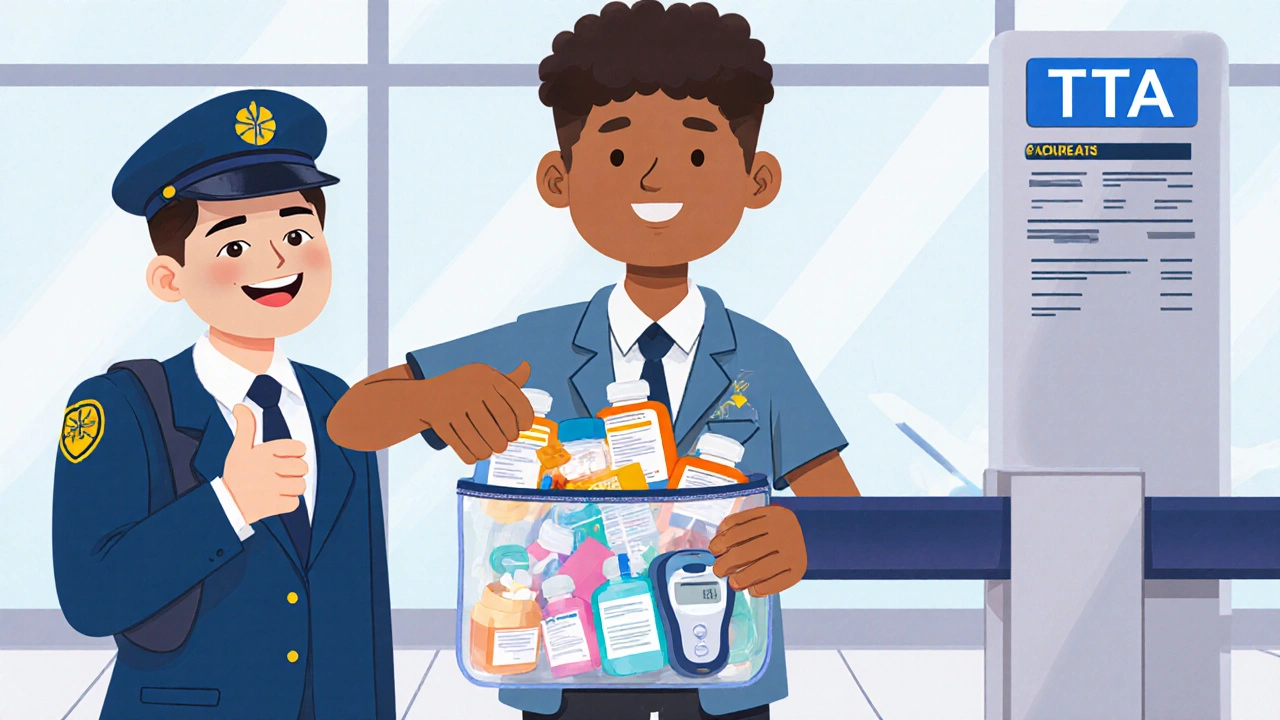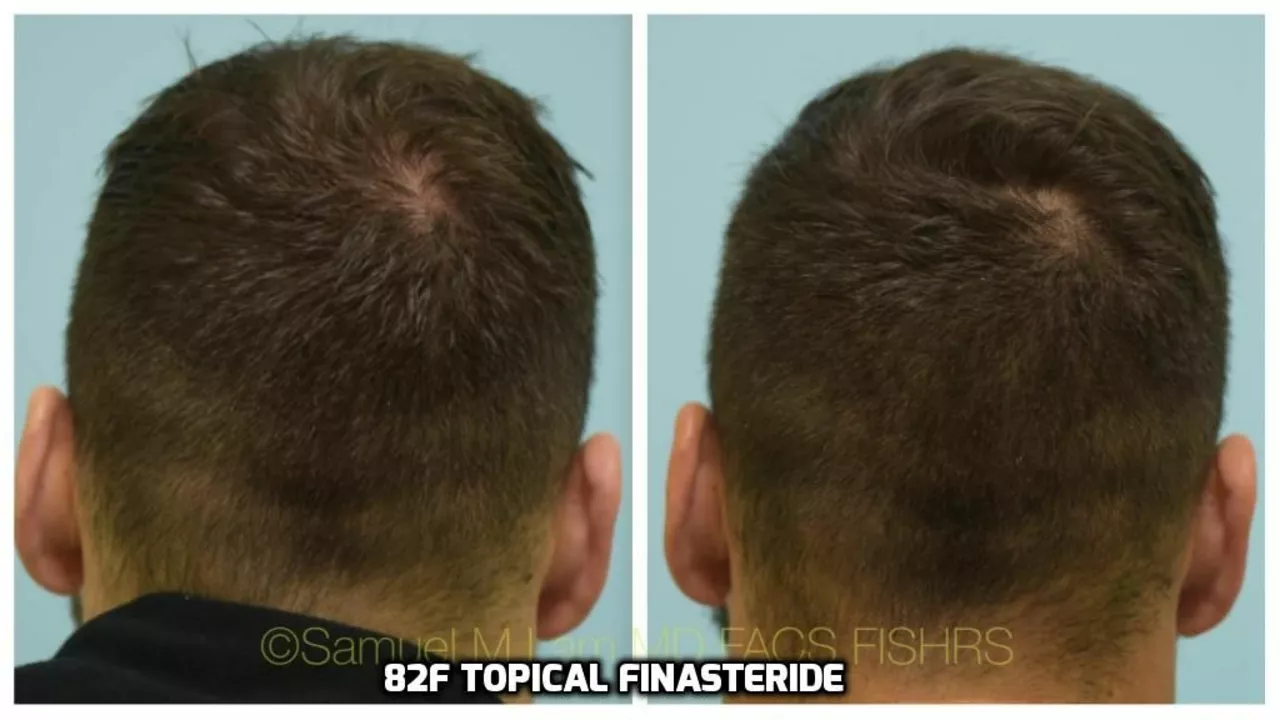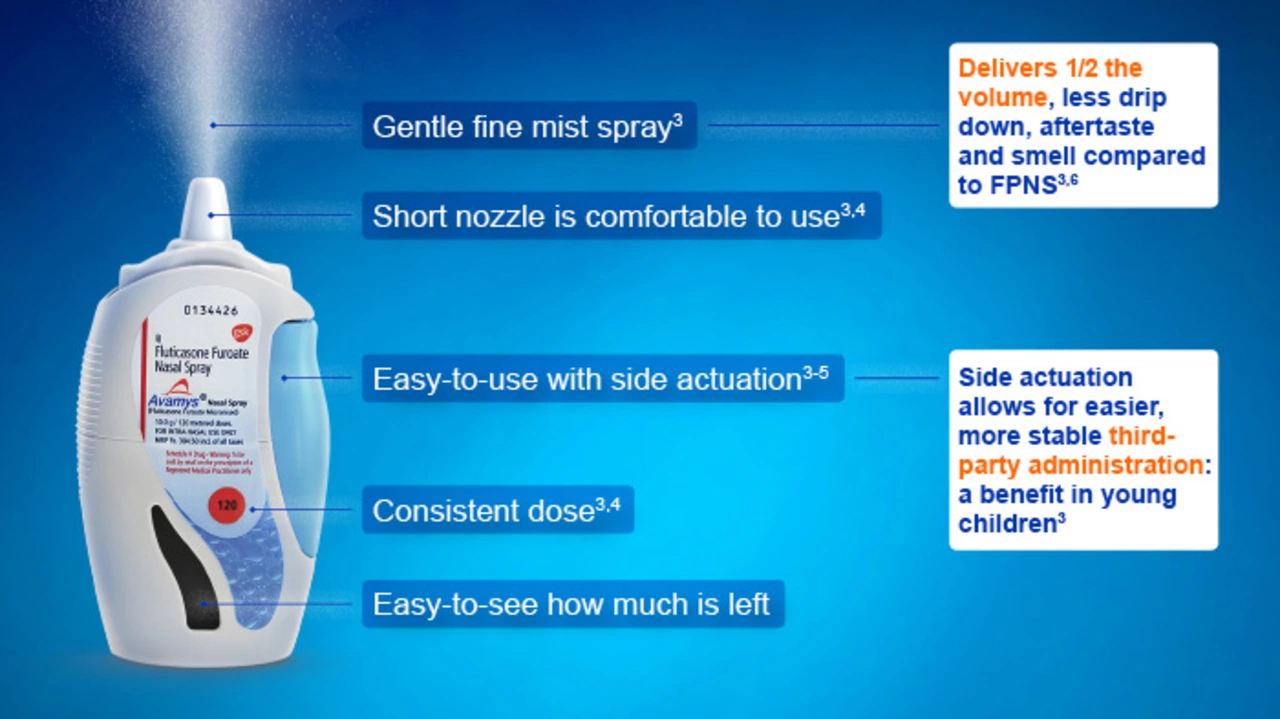Travel and Health: Smart Tips for Meds, Allergies & Mobility
Traveling should feel freeing, not worrying about medication, allergies, or mobility. This page collects practical tips so you can focus on the trip. You'll find short advice on packing medicines, handling allergies with fluticasone, keeping hair loss treatments like minoxidil and finasteride on track, and planning trips when you have Parkinsonism.
Before You Go
Get prescriptions and a doctor's note for all medicines, written in English if possible. Pack medicines in original containers and keep a copy of each prescription and dosing schedule. Put daily doses in a small travel pill organizer but keep full bottles in checked or carry-on luggage depending on rules—always carry critical meds in your carry-on. Check airport and country rules for liquid items if you use topical minoxidil or nasal sprays like fluticasone. If your meds need refrigeration, arrange a travel cooler or ask your airline for help.
On the Road
Stick to your routine. Set alarms on your phone for doses and plan time zones ahead: take short notes that show what time you normally take medicine and how to adjust across zones. For allergies, use fluticasone daily before symptoms spike; nasal sprays work best with consistent use. Pack tissues and a small saline spray for dry planes. If you use minoxidil and finasteride, bring enough for the whole trip plus a few extra days, store minoxidil away from heat, and keep finasteride in your carry-on to avoid delays with checked luggage.
Traveling with Parkinsonism needs more planning. Discuss timing and any temporary dose changes with your neurologist before travel. Carry a doctor's letter that lists medications, doses, and recent medication response. Airport staff can help with mobility options; book wheelchair assistance early and choose seats near the aisle. Plan extra rest stops and keep a list of local emergency numbers and hospitals at your destination.
Small practical tips save time: group meds by day in clear bags, keep a list of generic drug names, and store digital copies of prescriptions in an email or secure cloud. For language barriers, use simple translated cards that show your condition and meds. Buy travel insurance that covers your health needs and check if your destination accepts your prescriptions.
Check the linked posts for deeper tips: our guides on minoxidil and finasteride for hair loss, using fluticasone for travel allergies, and traveling with Parkinsonism offer real examples and packing lists. Talk to your doctor before changing any treatment. With a few focused steps you can travel safer and enjoy the trip.
If you face delays or lost luggage, keep a small emergency kit with one day's worth of medicine, a list of critical doses, and contact details for your pharmacy back home. Use local pharmacies to replace items quickly but compare generic names. Keep receipts for insurance claims and note lot numbers for any temperature-sensitive drugs. Small steps like these prevent a trip from becoming a health crisis. Plan ahead and stay flexible for peace of mind.
TSA Guidelines for Flying with Prescription Medications: What You Need to Know in 2025
Learn exactly how to fly with prescription medications in 2025 under TSA rules - including what’s allowed, what gets confiscated, and how to avoid delays at security. Essential for travelers with insulin, CBD, ADHD meds, or other prescriptions.
Minoxidilfinasteride and Hair Loss in Travel: Tips for Staying Confident on the Go
Traveling can be stressful, especially when dealing with hair loss. Thankfully, Minoxidilfinasteride has been a game changer in managing this issue. To stay confident on the go, I make sure to stick to my treatment routine and pack my Minoxidilfinasteride in my travel kit. I also carry a hat or a stylish scarf to cover up any thinning spots. Most importantly, I remind myself that confidence comes from within, and I don't let hair loss hold me back from enjoying my travels.
Fluticasone for Travelers: Managing Allergies on the Go
As a traveler, I've found that fluticasone is a game changer in managing allergies on the go. This nasal spray helps reduce inflammation and control common allergy symptoms, allowing me to fully enjoy my trips without constantly sneezing or dealing with itchy eyes. It's easy to pack and use, making it a must-have in my travel essentials. I highly recommend fluticasone for fellow travelers who suffer from allergies, as it makes exploring new places so much more enjoyable. Remember to consult with your doctor before using any medication, especially if you're planning an adventure abroad!
Traveling with Parkinsonism: Tips for a Successful Trip
Traveling with Parkinsonism can be challenging, but with proper planning and preparation, it is definitely possible to have a successful trip. In my latest blog post, I share some essential tips for making your journey as smooth and enjoyable as possible. Some key suggestions include discussing travel plans with your healthcare team, making necessary medication adjustments, and researching accessibility and support services at your destination. I also emphasize the importance of packing smart and staying flexible during the trip. Give it a read to ensure a memorable and stress-free vacation despite Parkinsonism!



